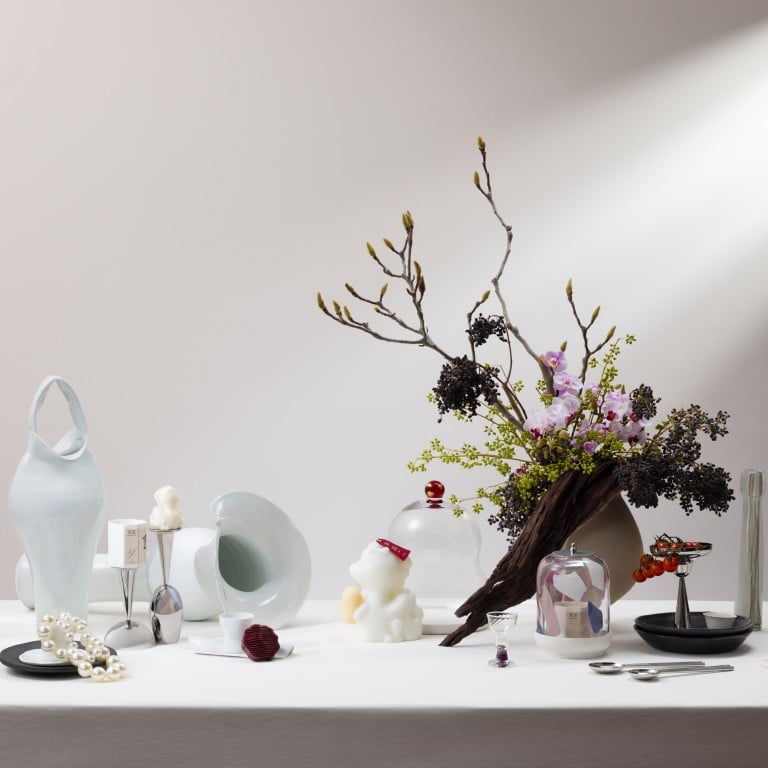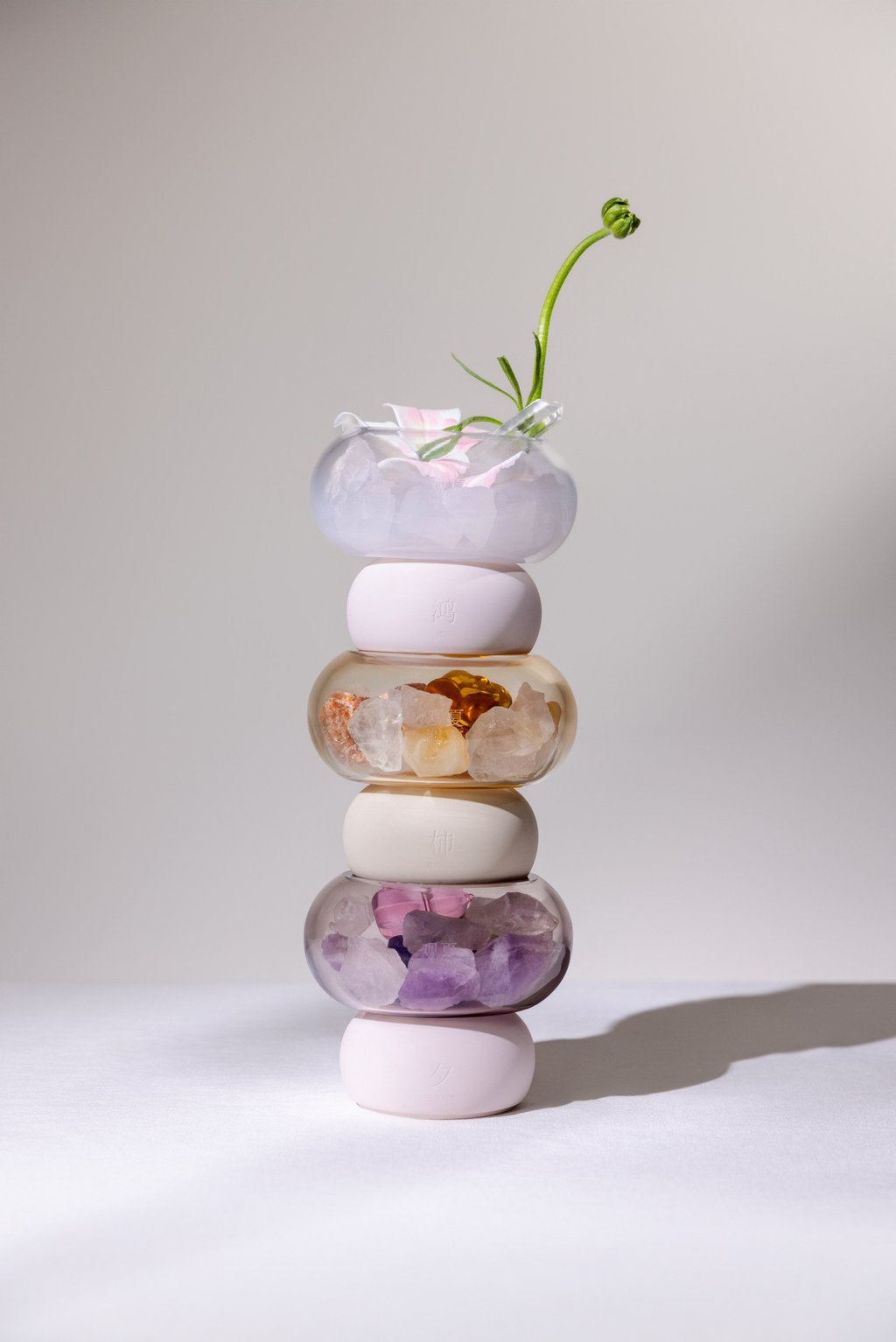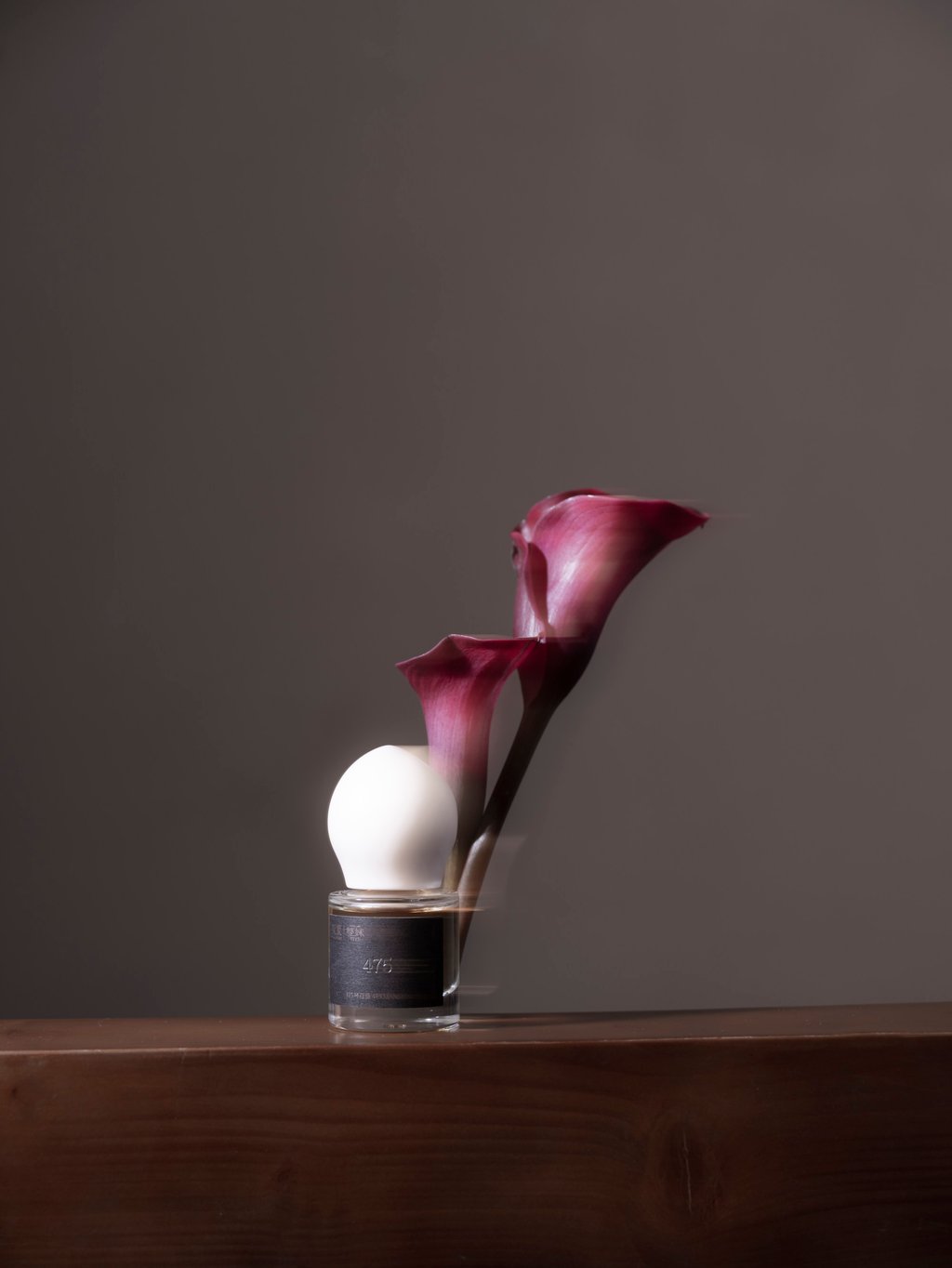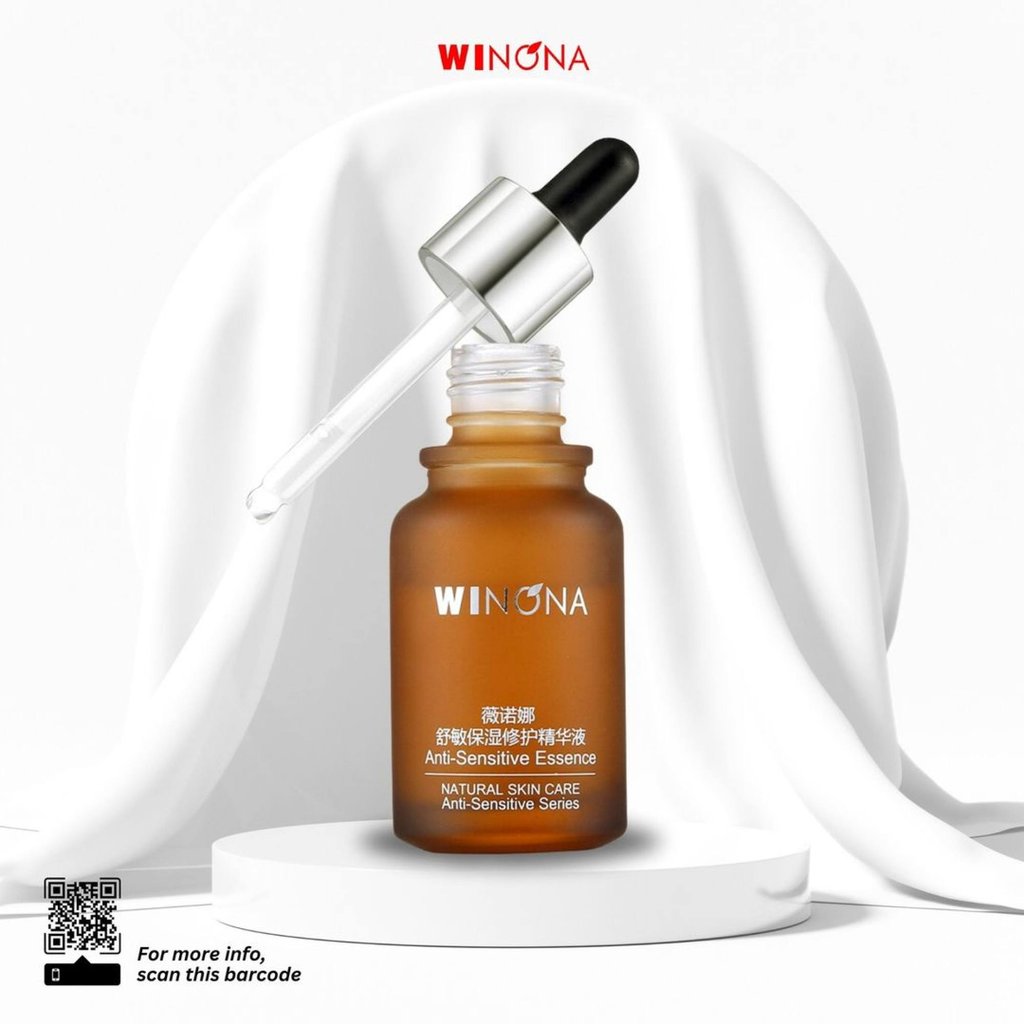Move over K-beauty? 2024 is the year of C-beauty: from trending make-up brands Flower Knows and Jooycee, to sensitive skin-focused Winona and fragrance darling To Summer

- From L’Oréal’s minority stakes in To Summer and Documents, to Estée Lauder’s investment in Melt Season, the world’s biggest beauty brands are making moves to acquire Chinese up-and-comers
- With global consumers impressed by brands such as Flower Knows and Jooycee, and China’s fragrance industry alone predicted to be worth over US$3 billion by 2025, could it be C-beauty’s time to shine?
In early February, L’Oréal announced its minority stake in Chinese fragrance brand To Summer. According to Elisa Harca, the co-founder of marketing and social media agency Red Ant Asia, the move signals a bright future for Chinese beauty.

“The L’Oréal investment is very significant as it shows how relevant a brand like To Summer is, both locally and potentially globally,” says Harca. “I’m sure L’Oréal have been watching the evolution of To Summer for a long time, and felt that the time was right in terms of brand, product and market.”
.

Like other C-beauty brands, much of To Summer’s identity revolves around Chinese culture. Take its Lunar New Year collection, which included scented candles and a star lantern, and was showcased using the format of a family dinner menu.
Not only will L’Oréal be able to apply insights from To Summer across its 36 brands, but investing in or acquiring businesses is often more cost efficient than starting one from scratch. It wasn’t the French beauty giant’s first experiment with C-beauty and fragrance: in September 2022, the group invested in Documents, a luxury player known for using ingredients like star anise, mugwood and yulan magnolia. Rival Estée Lauder is also involved, having invested in fragrance brand Melt Season in December 2023.
C-beauty’s rise extends beyond candles and perfume though. “[C-beauty brands] increasingly offer products that are not only price competitive but also have high efficacy,” says Marc-Olivier Arnold, partner and chief strategy officer at RTG Consulting Group. He adds that this is especially true in skincare, a category in which anti-ageing-centric Proya – which he calls “L’Oréal’s top competitor in China” – and sensitive skin-focused Winona, are thriving.
